Self-reliance is rooted in a fundamental belief that you can change your circumstances. That what you do and how you do it will affect your future. The question is, how does one become self-reliant? In the developed world there are abundant possibilities. Our lives are full of opportunities to learn self-reliance, and we are encouraged to go out and make our marks on the world. We learn from our teachers, and our study efforts become good grades. We learn from our encouraging parents, and take bold steps in our lives. Our histories are full of innovators and self-starters who invented, researched, created and changed the world. It seems we learn to be self-reliant when those around us model that trait for us and make sure we understand the importance of it.
As we examine education in today's world, we look for approaches which motivate, intrigue, and include all children, including those in the developing world. How are we educating our children, and how is that education helping them to be ready for their future? There has been a lot of discussion in the last few years about the traditional system of education and whether or not it is doing the job our future needs. The systems in place are not changing as fast as the world around us. But innovations are emerging which show great promise. A good example is Sugata Mitra, winner of the TED Prize in Education. He conducted an experiment by leaving a computer accessible to a population of children living in extreme poverty in India. Without any instruction at all they figured out how to use it. They learned English, searched through many websites on their own and then taught other children. They demonstrated a very powerful human trait, when confronted with a problem, to 'just figure it out.' 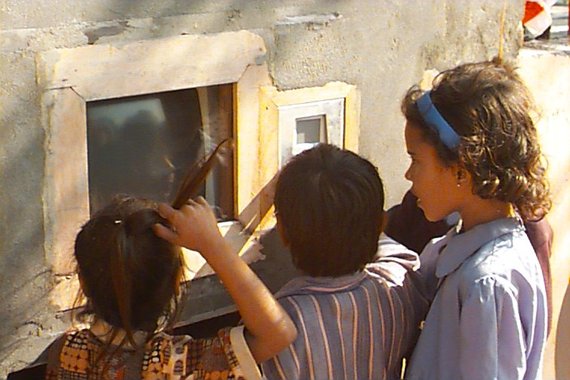
Other research shows that if you give children a piece of technology with no instructions at all, they'll figure it out to its fullest potential. Conversely, if you give children a piece of technology with instructions about the function, they often won't explore further. We need our future generation out there questioning and learning and pushing the boundaries.
A recent Wired article told the story of Sergio Juárez Correa, a teacher in a poor school in Matamoros Mexico. Frustrated by the lack of tools and resources, and faced with an equally frustrated and bored group of students, he chose to do something different. Juárez Correa read about Mitra's work and decided to give the ideas a try. It was tremendously successful and one of his students, Paloma Noyola Bueno placed first in her whole country on their national exam. Ten of his students finished in the 99.99th percentile.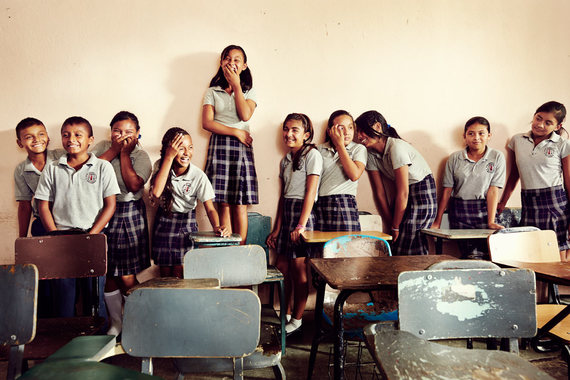
Here in the US, The New York City Department of Education has begun an initiative, School of One. Currently a pilot program in four schools, the program creates an individual learning plan for each student that blends traditional instruction, self-guided study and collaboration with other students. It gauges the needs of each student through regular assessments. 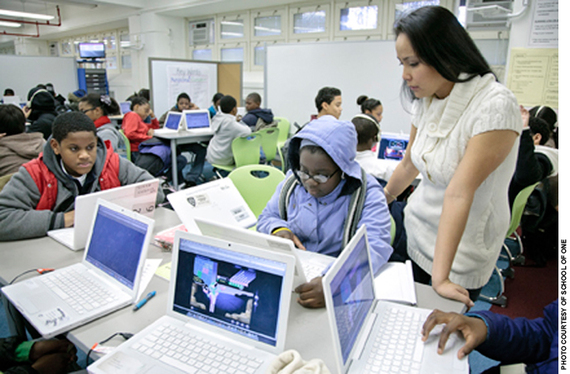
Clearly, self-directed learning must rely on literacy. All the internet access in the world won't help much if you can't read the information. Groups like the American Youth Literacy Foundation give kids who slip through the cracks in public education the basic skill they will need to grow into self-reliant adults.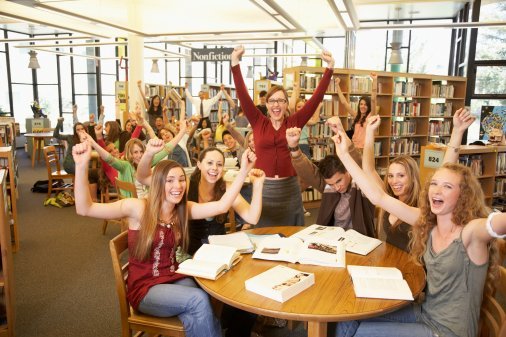
Once literacy is solid, there are many groups like EdTech and Children's Technology Foundation Northwestwho work to insure that children have access to the technology that will be so critical in their adult lives.
Of course, elsewhere in the world, many children have a hard time getting any education at all. For those children it is more important to start with the very basics. Groups like Tummies Minds and Spirits know that if education of children is going to be successful, they need to support the whole community. Founder Rochelle Forrest points out "Until they know that possibilities are out there, people in poverty can't escape because they don't know there is anything different." 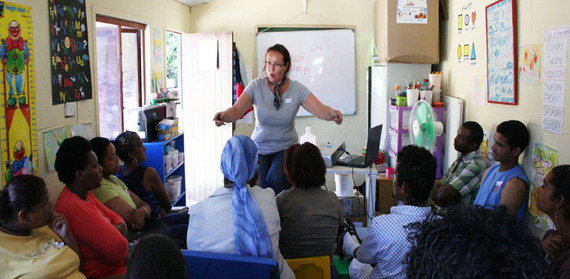
Empowering Youth in Cambodia not only creates schools with health facilities, they make that health care available to the communities in the slums where the schools are located. Leadership and community involvement are as important as the more traditional subjects taught in their schools.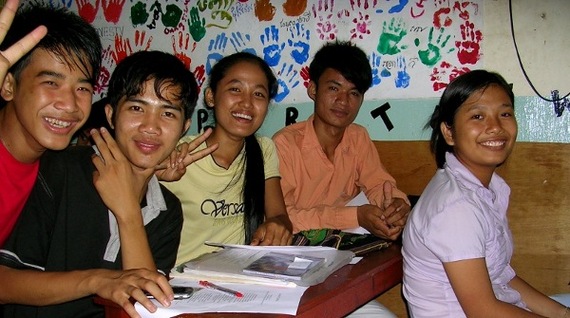
In a world that is changing so fast our own elders hardly recognize it, the greatest gift we can give to the future is a self-reliant population who is equipped to learn and grow with their fast paced environment, and ready to embrace change as it comes.
